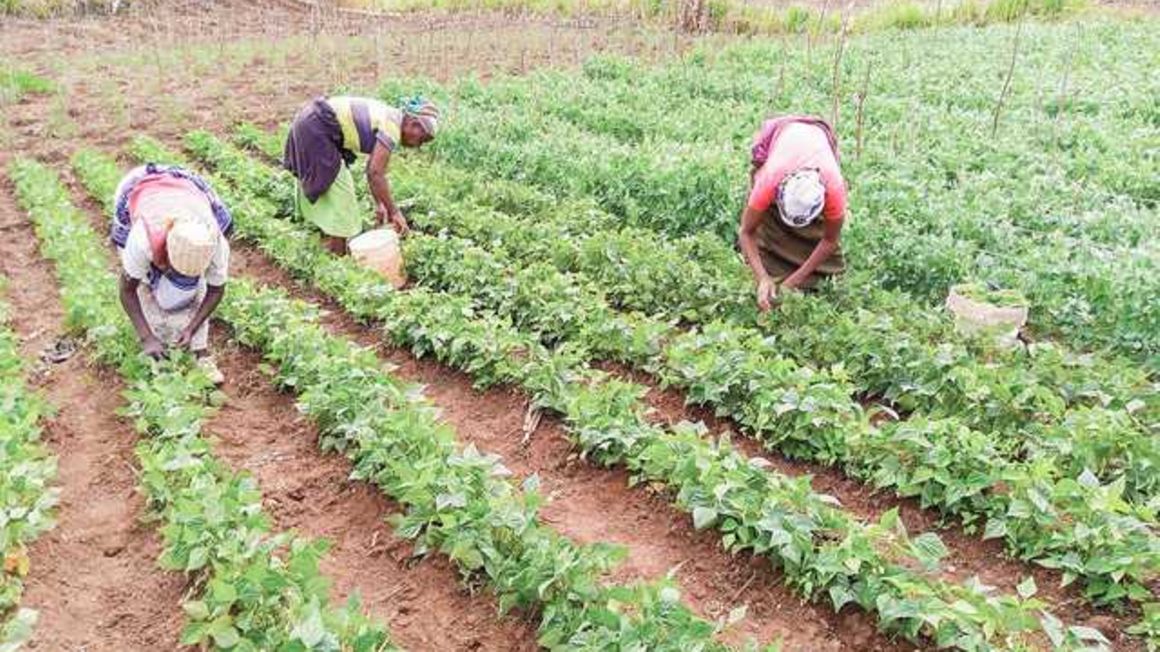
GMO jitters hit Kenya's horticulture exports to Europe. PHOTO | POOL
European buyers of Kenya’s horticultural produce are raising concern over the country’s lifting of the ban on genetically modified organisms (GMO), forcing exporters to carry out extra certification to confirm that the products have not been enhanced by the technology.
Fresh Produce Consortium of Kenya Chief Executive Officer Okisegere Ojepat says the queries they are facing from customers are on whether what they are exporting is still GMO-free.
GMO is yet to be fully adopted by the European Union and there have been concerns before from the continent when Kenya wanted to introduce biotechnology flowers to the market.
READ: Issue guidelines on GMO food labelling
“We are being questioned to confirm whether what we are selling to our European customers is GMO or non-GMO and we are required to show proof through additional certification,” said Mr Ojepat.
Mr Ojepat said though GMO is a good technology for boosting food production, politics surrounding it since the lifting of the ban have caused confusion all over.
The European Union still accounts for the largest ratio of Kenyan horticultural exports taking in 45 per cent of the sales majorly comprising cut flowers, French beans, snow peas and Asian vegetables.
“There is no clarity so far from the government on what is going on and this is causing confusion. We need clarity from the Ministry of Agriculture and the National Biosafety Authority (NBA) to give comfort to the country and the world just to ensure that our trading partners are aware of Kenya’s position,” said Mr Ojepat.
He said the country has not been known to be a GMO State and now with the lifting of the ban, there is a need to show certification that in all shipments for export, there are no GMO traces.
“What customers are insisting on now is a declaration that what we are exporting is not GMO and by all means, it should not have traces of GMO,” he said.
The court last week stopped the importation and distribution of GMO products in the country after activists challenged the move by the government.
The Cabinet had last month lifted a decade-old ban on GMO products to allow the importation and growth of biotechnology products in the country.
Kenya has already earmarked a million acres to be put under GMO crops in the next planting season.
READ: Take Bill Gates' word on GMOs with a pinch of salt
Last year, NBA stopped planting GMO flowers after it emerged that allowing its cultivation would hit the country’s exports to Europe, Kenya’s main market for horticulture produce.
The government sees the adoption of GMO technology as a means of addressing high food prices that are currently the result of drought and poor crop yields.
→ gandae@ke.nationmedia.com




No comments :
Post a Comment